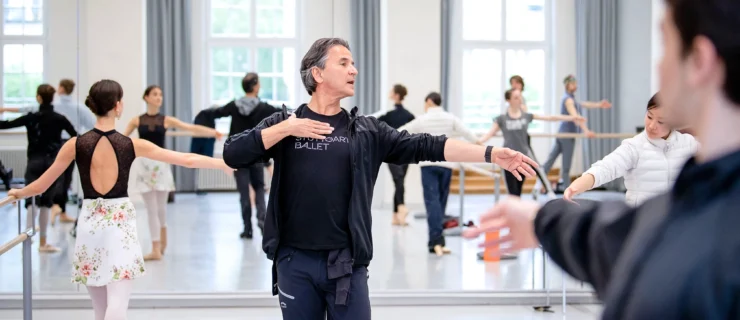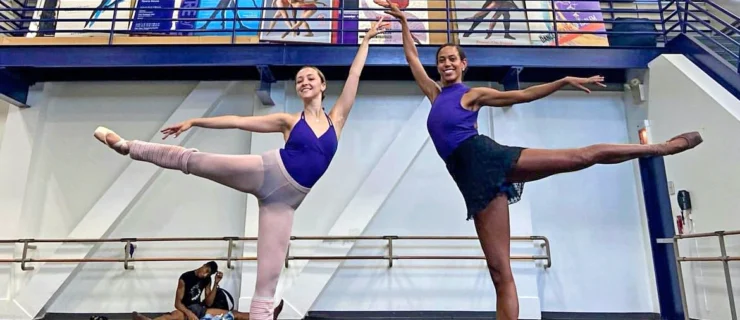Slow and Steady
When you’re working around a busy schedule of classes and rehearsals, you may be in the habit of eating meals quickly between activities. But two recent studies reveal the potential health benefits of taking your time.
Research
in The American Journal of Clinical Nutrition found that people who spend more time eating a meal end up consuming less than those who wolf it down, because rushing makes it easier to overeat. The idea is that tasting the food for a longer period allows more time for satiety hormones to be released, giving the eater a sense of satisfaction when they’ve had enough. Otherwise, you may have already finished the plate by the time you realize you’re full, and wind up starting your next rehearsal with a stomach ache.
In a different study, Japanese researchers had people eat the same meal on two occasions: once slowly and once quickly. They found that chewing more, and eating at a more relaxed pace, helped boost blood flow to the digestive system and increased the rate at which the body can digest and absorb the nutrients in the food. This way, you may be ready to dance again sooner after a meal.
And at the end of your day, try grabbing some friends and enjoying a nice, leisurely meal together—your body will thank you for it.





